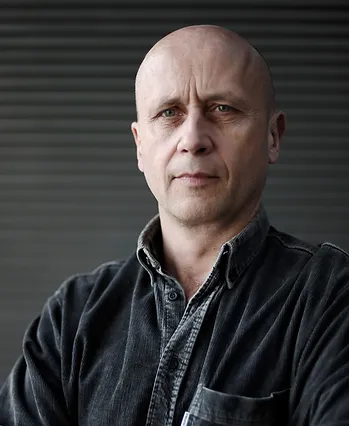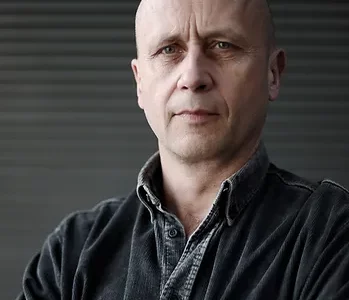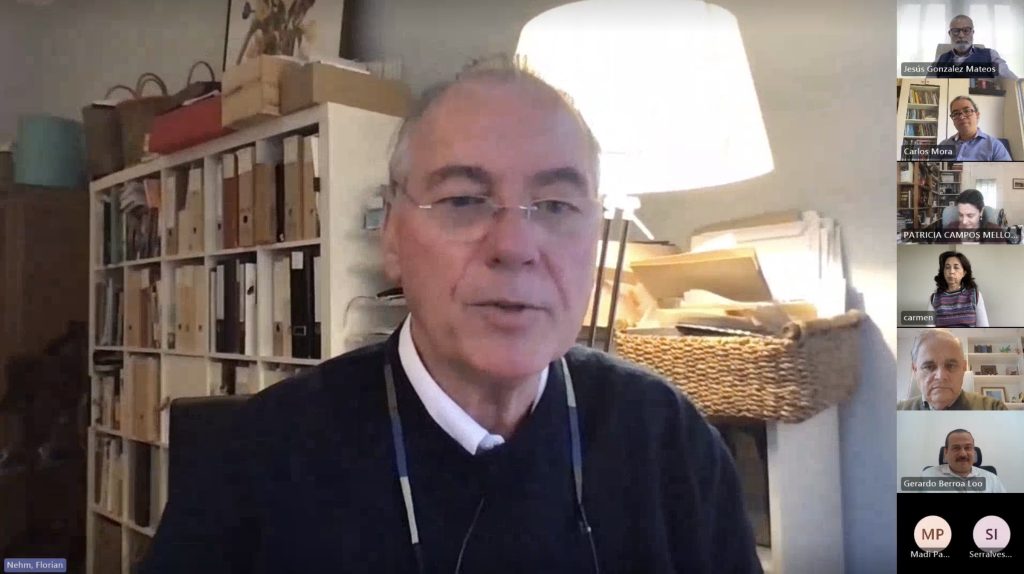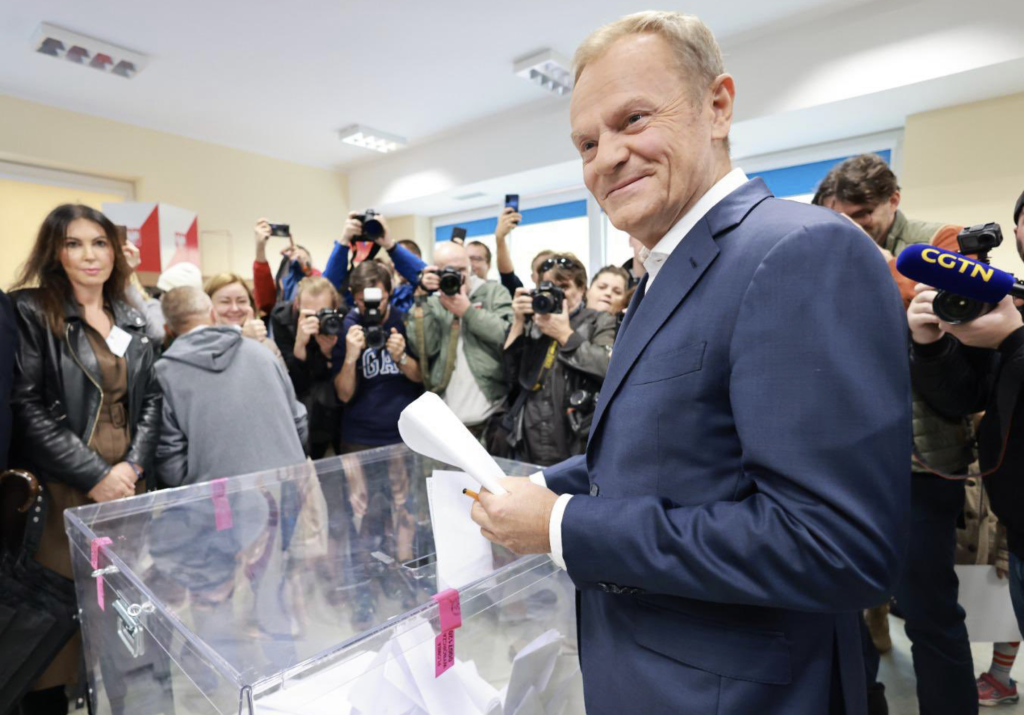MACIEJ STASIŃSKI
THE NEW DAWN OF A EUROPEAN AND DEMOCRATIC POLAND

Announced the results of the elections last Sunday, October 15, the Poles woke up on Tuesday in a “new country” after “eight years of darkness,” according to the slogan of the liberal leader Donald Tusk, evidently shared by millions of Poles who had come to vote in unusual numbers. Since the establishment of democracy in 1989 when 63 percent of Poles voted, 74 percent of attendance at the polls registered on Sunday is the new record.
The three opposition parties – the liberals of the Civic Platform, the Social Democratic Left and the central Third Way – have categorically won the elections by removing the nationalist Law and Justice party from power after eight years of a government that had undermined democracy, placed Poland on the margins of the European Union and divided the people into enemy tribes. The opposition, which has promised to form a coalition government, will have a comfortable majority in both chambers of Parliament.
The opposition has achieved its resounding triumph by competing on the foot of inequality in a brutal campaign in which the nationalist regime had used all the resources of the state apparatus, deployed a massive campaign of hatred and lies from the public media turned into its tribune in which the role of black beasts was attributed to Donald Tusk painted as a “traitor” and “peon of Germany”, as well as to the European Union and immigrants.
They have been the most important elections since in 1989 Poland had shaken communism and initiated the democratic transition.
If then the country embraced parliamentary democracy, as well as regained national independence by embarking on the path of integration in the EU and NATO, in these last elections it was a question of recovering this same democracy and the rule of law violated under the regime of the authoritarian right, as well as returning to the EU, since Law and Justice, in its nationalist drift, intended to lead the country to a “Polexit”.
The future tripartite government will now face the hard mission of restoring the independent judiciary, including the annulled constitutional court, the plurality of the media, restoring women’s rights, eradicating the looting of public finances and punishing those responsible for numerous violations of the constitution, abuses of power and a string of scoundals, such as an institutionalized sale (under the table in exchange for bribes) of hundreds of thousands of EU entry visas to the same immigrants from Asia and Africa whom the government denounced with fanfare as the Main threat to the integrity and well-being of the country.
Reintegration into the EU to restore the practically frozen relations with the European allies – and unlock the billions of euros of the recovery fund suspended due to the abuses of the nationalist regime – will be a priority for the new government.
The only question is whether the transfer of power will be smooth. Because many key figures of the current regime are clear that the loss of power will not only take away perms and treasury, but can also lead them to the dock and prison.
Maciej Stasiński, a Polish journalist, is the International Head of the newspaperGazeta Wyborcza .
This text is free to use. If you plan to use it, please cite the author and Gazeta Wyborcza.



